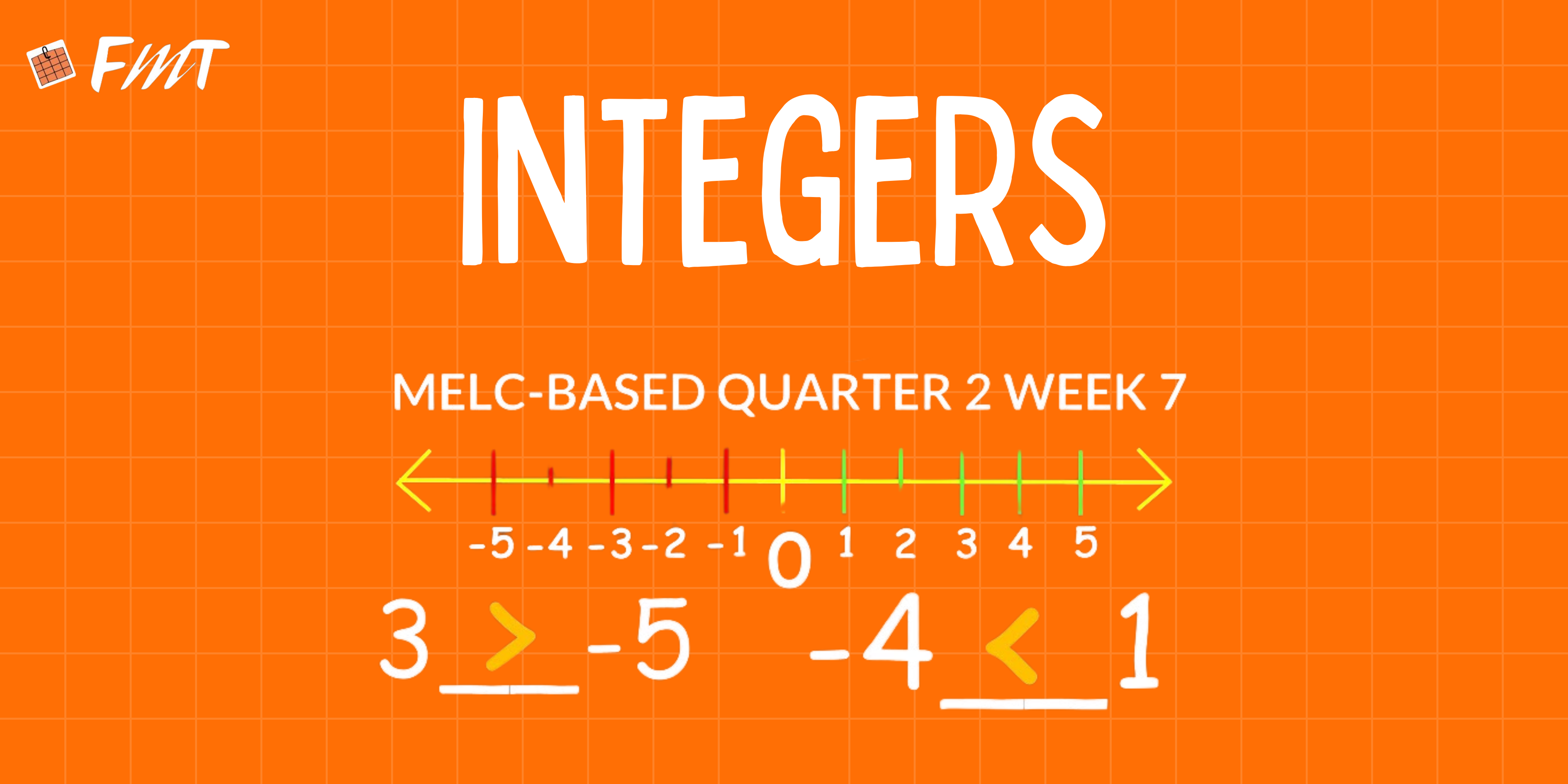For every engineering aspirant in India, the Joint Entrance Examination (JEE) represents a crucial m...
Read MoreWhen learning about whole numbers, students often wonder: What about numbers below zero? That’s where integers come in! Integers expand our number system beyond counting and include negative numbers, zero, and positive numbers. If you're looking to strengthen your math skills, understanding integers is crucial—and if you need extra help, you can always Find my tuition for personalized guidance.
What Are Integers?
Integers are a broader category of numbers that include:
Positive whole numbers (1, 2, 3, …)
Negative whole numbers (–1, –2, –3, …)
Zero (0)
Unlike whole numbers (which start from 0 and go up), integers cover both sides of the number line, making them essential for real-world applications like temperature changes, bank balances, and elevation measurements.
Key Differences: Integers vs. Whole Numbers
| Feature | Whole Numbers | Integers |
|---|---|---|
| Includes Zero? | Yes (0, 1, 2, ...) | Yes (..., –2, –1, 0, 1, 2, ...) |
| Negative Numbers? | No | Yes |
| Used For | Counting, basic math | Debts, temperature, direction |
Why Are Integers Important?
Real-World Applications
Temperature: Negative integers represent freezing temperatures.
Finance: A bank balance can be positive (savings) or negative (debt).
Sports: Golf scores use integers (under par is negative).
Foundation for Advanced Math
Algebra, equations, and graphing rely on integers.
Understanding them helps with later topics like rational numbers and coordinate planes.
Problem-Solving Flexibility
Integers allow subtraction without restrictions (e.g., 5 – 7 = –2).
If these concepts feel tricky, don’t worry—many students benefit from extra support. You can Find my tuition programs or online tutors to practice integers in a structured way.
Fun Ways to Learn Integers
Number Line Games: Visualize jumps for addition/subtraction.
Real-Life Examples: Track daily temperature changes.
Card Games: Use red (negative) and black (positive) cards for practice.
Common Mistakes & How to Avoid Them
❌ Ignoring Negative Signs → Always check the sign before solving.
❌ Confusing Rules for Operations → Remember:
Same signs? Add and keep the sign. (–3 + –5 = –8)
Different signs? Subtract and keep the larger number’s sign. (7 – 10 = –3)
Struggling with these rules? A tutor can help—Find my tuition support to master integers with confidence!
Final Thoughts
Integers unlock a wider world of math, from basic arithmetic to complex equations. By practicing with real-life examples and seeking help when needed (like through a Find my tuition service), you’ll build a strong foundation for future success.



